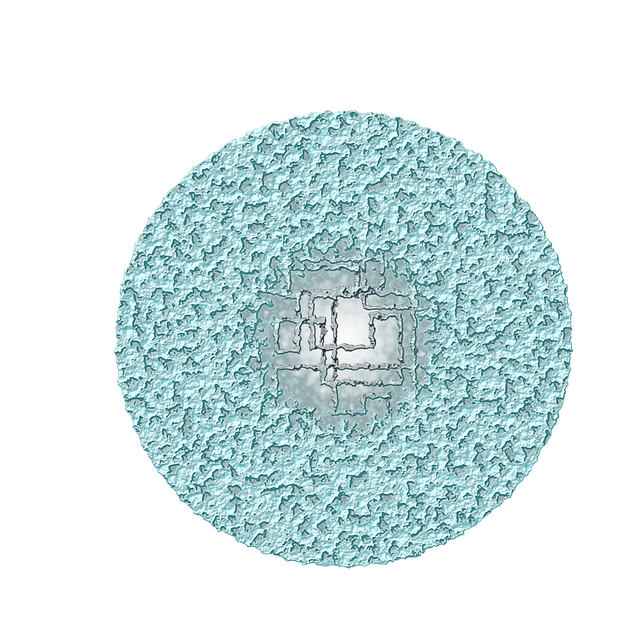Muscle soreness after exercise results from microscopic tears in fibers, inflammation, and chemical pain signals. Nutrition plays a key role in recovery, with balanced diets, specific micronutrients like magnesium from kratom chocolate bars, and adequate hydration aiding healing. Targeted exercises for sore areas accelerate recovery, such as deadlifts for lower back and leg extensions for quads. Even unrelated movements enhance blood flow to expedite healing. Severe or persistent soreness requires professional advice.
Muscle soreness can significantly impact your daily life, but there’s good news! Customized workout plans tailored to your needs can offer effective relief. In this article, we’ll explore three key aspects: understanding muscle soreness and its causes, the power of nutrition in alleviating discomfort, and designing targeted workouts for specific muscle groups. By incorporating strategies like a kratom chocolate bar (a unique, natural pain reliever) into your routine, you can experience faster recovery and enhanced well-being.
- Understanding Muscle Soreness and Its Causes
- The Role of Nutrition in Alleviating Soreness
- Designing Workouts to Target Specific Muscle Groups
Understanding Muscle Soreness and Its Causes

Muscle soreness is a common post-workout experience, typically felt 24-72 hours after intense or unfamiliar exercise. It’s the result of microscopic tears in muscle fibers caused by increased stress during physical activity. These tiny tears lead to inflammation and a subsequent release of chemicals that signal pain receptors, causing that familiar tight, achy feeling.
Several factors contribute to muscle soreness, including the type and intensity of exercise, proper warm-up and cool-down routines, hydration levels, and even dietary choices like consuming a kratom chocolate bar post-workout. While temporary discomfort is normal, persistent or severe soreness might indicate an underlying issue, warranting consultation with a fitness professional or healthcare provider.
The Role of Nutrition in Alleviating Soreness

Nutrition plays a pivotal role in alleviating muscle soreness after intense workouts. Consuming a balanced diet rich in proteins, carbohydrates, and healthy fats is essential for muscle repair and recovery. Proteins are the building blocks of muscles, so incorporating lean protein sources like chicken, fish, eggs, and plant-based options such as tofu or quinoa into your post-workout meals can aid in muscle tissue restoration. Carbohydrates provide energy to working muscles and replenish glycogen stores, which are crucial for optimal performance and recovery.
In addition to macronutrients, certain micronutrients and functional foods can also contribute to soreness relief. For instance, magnesium-rich foods like leafy greens or a delicious kratom chocolate bar can help relax muscles and reduce post-workout stiffness. Staying well-hydrated is another critical aspect, as proper water intake supports nutrient transport and waste removal from muscle cells, expediting recovery.
Designing Workouts to Target Specific Muscle Groups

When designing customized workout plans for muscle soreness relief, targeting specific muscle groups is crucial. Exercises tailored to tight or aching areas can help alleviate discomfort and speed up recovery. For instance, if you’ve experienced soreness in your lower back after a marathon, incorporating targeted exercises like deadlifts, lunges, and bridges into your routine can strengthen these muscles, improving posture and reducing future strain.
Similarly, for those dealing with sore quads after an intense leg workout, focused exercises such as leg extensions, curls, and squats will aid in releasing tension and repairing micro-tears in the muscle fibers. Even incorporating seemingly unrelated movements like arm circles or torso twists can help improve blood flow to sore areas, hastening the healing process. An effective plan leverages activities that directly engage problem zones, much like enjoying a kratom chocolate bar soothes a sore throat—a targeted approach for swift and efficient results.
In conclusion, alleviating muscle soreness requires a multifaceted approach. Understanding the root causes, such as exercise-induced muscle damage, is key. Proper nutrition, including the potential benefits of a kratom chocolate bar, can significantly enhance recovery. Furthermore, tailored workout plans that target affected muscle groups offer a comprehensive strategy for relief. By combining these methods, individuals can efficiently manage and reduce muscle soreness, allowing them to return to their active lifestyles with renewed vigor.














